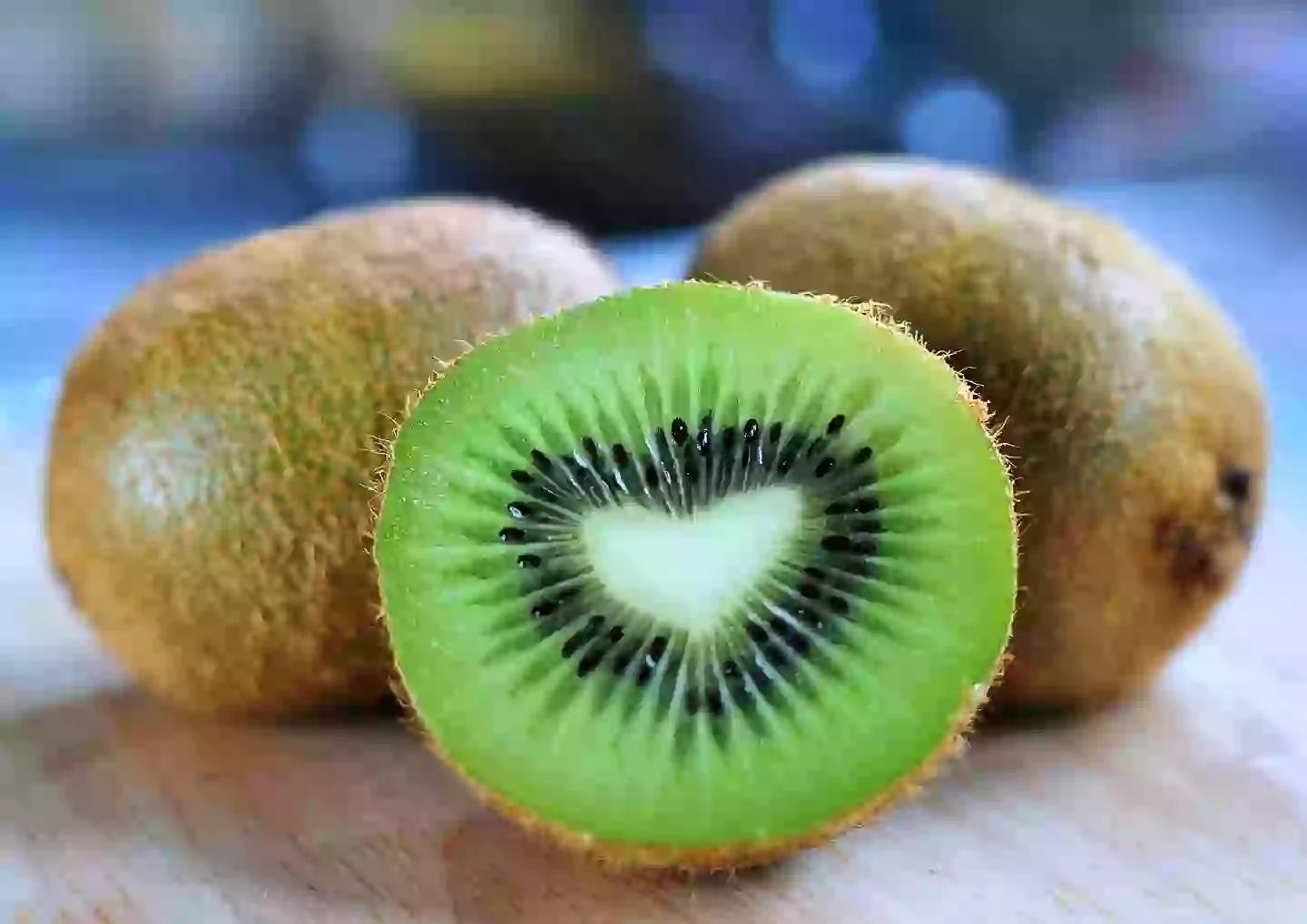
With colorectal cancer reportedly on the rise, particularly in young people and under 50s, people have been desperately searching for the right foods to improve gut health.
With this in mind, one researcher named UK surgeon Karan Rangarajan now believes he's narrowed down the list of four foods that absolutely must be included in daily diets, one of which he says can be used to avoid a cancer diagnosis.

Advert
First of all, it's worth noting that all four of the doctor's nutrition-based recommendations are 'uber-fibreous', being that this category of food is famed for slowing down digestion and facilitating smooth and regular bowel movements.
The first group of foods he advised people to implement into their diets was nuts, something the doc says he tries to 'eat every single day'.
Name-dropping the likes of almonds, walnuts and pistachios, he added: "Having a mixture of nuts gives you a diverse range of prebiotic fibers, which promote microbial diversity in your gut."
Discussing their link with cancer, he also pointed out that a high frequency of nut consumption - roughly between 20-30g per day - has been linked to a reduced risk of being diagnosed with colorectal cancer.
Advert
It has been suggested that this is because of their ability to reduce inflammation.

Next up is coffee, adding that this contains a 'double whammy' of both 'soluble fibers and polyphenols', the latter of which is known as an antioxidant and anti-inflammatory, meaning it can also serve as a prebiotics for gut bacteria.
"Coffee may also improve gut motility, making it beneficial for reducing constipation," the medic recently disclosed.
Advert
"And for you coffee snobs out there, instant coffee and decaf have the same benefits."
Coming in third is are kiwis, with the medic describing the furry fruits as a great means of getting hold of 'soluble fiber'.
"[This] promotes softer stool and increases stool frequency without the associated side effects of some laxatives," he explained, adding that it's also full to the brim with vitamin C, which helps with protection against free-radical gut damage that can contribute to cancer development.
Lastly, it's yoghurt.
Advert
"Look for yogurt containing live, active cultures like lactobacillus and bifidobacterium," Rangarajan advised. "Which can help to add to your good microbial load."

He also pointed out that yoghurt has proven to alleviate common IBS symptoms, despite its connotation with lactose intolerance.
The latest news comes just days after Tyla reported that a particularly common eating habit could also be contributing to the stark surge in Gen Z and Millennial colorectal cancer cases, after one medic highlighted the risks that come with consuming ultra-processed foods.
Advert
As any Brit or US reader will know by now, that the Western diet is littered with foods that fall into this category.
Known for its love of fast food, which is high in carbohydrates, sugars, and fats, and low on fibre, it’s a recipe for disaster.
Tim Spector, an epidemiologist, and scientific co-founder of health science company ZOE, told Newsweek that Gen Z and Millennial diets in Western civilisations are far from great.
He said: "It seems that younger generations want to eat well. However, because 'wellness' has become fashionable, there's a great deal of misinformation on social media. This can make it difficult for people of any age to know how to eat healthily."
Ultra-processed foods (UPF) include fizzy drinks, white bread, and granola.
And touching on the British diet in particular, colon and rectal surgeon Dr Anne K. Mongiu went on to explain: "This kind of diet tends to promote obesity and issues with metabolism. There are multiple things that change when a person is obese and/or has metabolic syndrome.
"These conditions can change the environment within the body and lead to things like chronic inflammation, development and growth of cancers by affecting certain cells and increasing levels of hormones like leptin and adiponectin."
The doctor added: "The high-fat content of this diet can activate certain pathways in the body that stimulate basic cell types (stem cells) that line the large intestine and trigger them to turn cancerous."
Topics: Cancer, Food and Drink, Health, Life